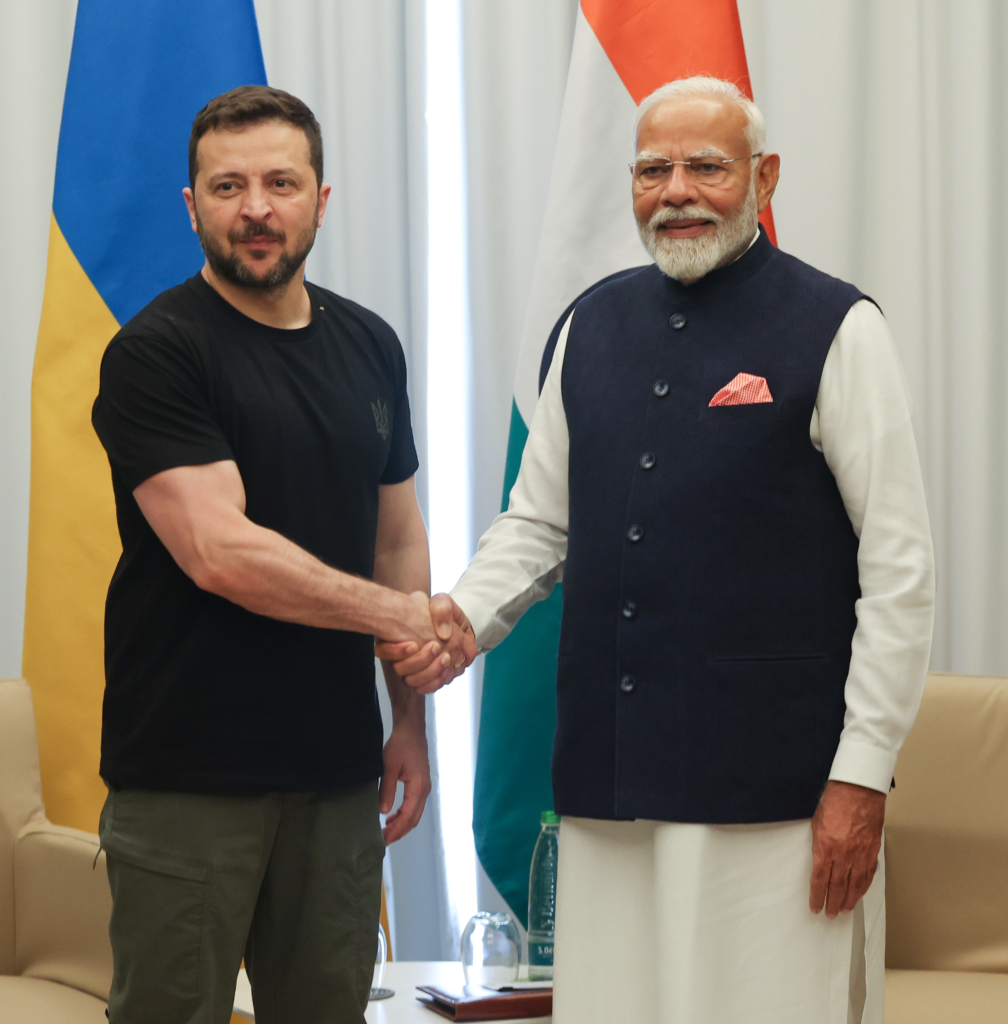Pandit Deendayal Upadhyaya was a towering figure in Indian politics and philosophy, whose ideas continue to shape the nation’s discourse. A deep thinker, visionary leader, and staunch nationalist, Upadhyaya is best known for his doctrine of Integral Humanism, which offered a unique blend of traditional Indian values and modern governance. His life and work stand as a testament to his commitment to social harmony, economic self-reliance, and political unity.
Early Life and Influences
Born on September 25, 1916, in the small village of Nagla Chandraban (now in Uttar Pradesh), Deendayal faced many hardships early in life. Orphaned at a young age, he was raised by relatives who ensured his education. A brilliant student, he earned scholarships and pursued higher studies at prestigious institutions. His early exposure to the works of Swami Vivekananda and other nationalist thinkers deeply influenced his political philosophy.
Upadhyaya’s dedication to service began when he joined the Rashtriya Swayamsevak Sangh (RSS), an organization that became the foundation of his ideological journey. His association with the RSS was crucial in shaping his views on nation-building, spirituality, and the role of dharma (righteousness) in governance.
Integral Humanism: A Blueprint for India’s Development
Pandit Deendayal Upadhyaya’s most enduring legacy is his philosophy of Integral Humanism (Ekatma Manav Darshan), a vision that sought to harmonize individual aspirations with societal well-being. First articulated in 1965, this concept was designed to counter both the Western capitalist and Marxist models, which Upadhyaya believed did not align with India’s unique cultural and spiritual heritage.
Key Tenets of Integral Humanism:
- Holistic Development: Integral Humanism emphasized the need for a balanced development that attends to the physical, mental, and spiritual needs of individuals. Upadhyaya believed that economic growth should be rooted in morality and social justice.
- Decentralization and Self-Reliance: Upadhyaya was a strong advocate for decentralizing power to ensure that governance is closer to the people. He championed the idea of a self-reliant village economy, rooted in indigenous practices.
- Cultural and Spiritual Values: For Upadhyaya, Western models of development ignored the cultural and spiritual dimensions of human life. He argued that Indian values—rooted in dharma, harmony, and duty—should guide political and economic policies.
- Antyodaya: This concept, meaning the “rise of the last person,” emphasized that the true measure of progress is the upliftment of the most disadvantaged sections of society. This principle resonates strongly with modern welfare schemes aimed at empowering marginalized communities.
Political Journey
Pandit Deendayal Upadhyaya played a pivotal role in the formation of Bharatiya Jana Sangh, the forerunner of today’s Bharatiya Janata Party (BJP). As the chief ideologue of Jana Sangh, he sought to create a political platform that reflected India’s rich cultural heritage while advocating for modern governance. Under his leadership, the Jana Sangh gained significant traction, offering an alternative vision of Indian polity based on its ancient civilizational values rather than adopting foreign ideologies wholesale.
In 1967, Upadhyaya was elected as the president of the Bharatiya Jana Sangh. Though his tenure was tragically cut short due to his untimely death, his influence on the party and Indian politics was profound. His ideas continue to shape the BJP’s ideological framework to this day.
Tragic Demise and Legacy
Pandit Deendayal Upadhyaya’s life was cut short in mysterious circumstances. In February 1968, he was found dead near Mughalsarai Junction railway station, sparking widespread speculation and theories about his death. Despite the tragedy, his work and ideas have left an indelible mark on Indian political thought.
His concept of Integral Humanism remains a guiding light for leaders and policymakers who seek a development model that blends economic progress with spiritual well-being. Today, Upadhyaya is celebrated across India, with numerous government programs, scholarships, and institutions named in his honor.
Conclusion: The Timeless Relevance of Deendayal Upadhyaya
Pandit Deendayal Upadhyaya’s contributions to India go far beyond his role in politics. He offered a deeply thoughtful framework for how India could grow while remaining true to its roots. At a time when the world was polarized between capitalism and communism, Upadhyaya’s vision of Integral Humanism stood as a middle path that respected India’s cultural ethos while embracing progress and change.
His legacy lives on, not just in political discourse, but in the hearts and minds of millions who seek an India that is self-reliant, harmonious, and just. As the nation continues to evolve, Upadhyaya’s ideas remain as relevant today as they were in his time—guiding a generation of leaders toward a more inclusive and balanced future.
